Ghee Vs. Butter: Health Benefits, Preparation, And Risks
Know the difference between these aromatic dairy products that add flavor to your food.
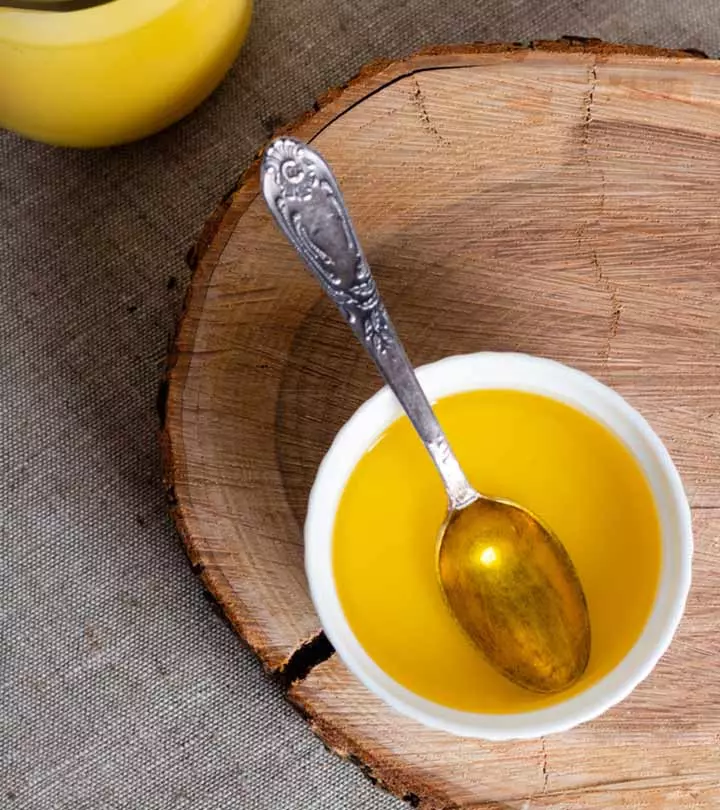
Ghee and butter are age-old ingredients that can change the texture and flavor of any dish you add them to. These two milk-derived ingredients exhibit excellent aromatic properties and are also known for their health benefits. But what are the differences between ghee and butter? While their preparation is easy and they can last for up to a year if stored properly, they do have a few important differences.
This article explores the differences between ghee and butter, their health benefits, nutrition profile, risks, and their methods of preparation. Keep reading to learn more.
In This Article
Ghee Vs. Butter?
According to the U.S. Department of Agriculture, one tablespoon of ghee and butter contains (1), (2):
| Ghee | Butter | |
|---|---|---|
| Calories | 123 | 100 |
| Protein | 0.039g | 0.119g |
| Fat | 13.9g | 11.4g |
| Saturatedfat | 8.67g | 7.19g |
| Monounsaturatedfat | 4.02g | 2.94g |
| Polyunsaturatedfat | 0.517g | 0.426g |
| Carbohydrates | 0 | 0.008g |
| Calcium | 0.56 mg | 3.36 mg |
| Potassium | 0.7 mg | 3.36 mg |
| Sodium | 0.28 mg | 90 mg |
| Vitamin A | 118 µg | 95.8 µg |
| Vitamin E | 0.392 mg | 0.325 mg |
| Vitamin K | 1.2 µg | 0.98 µg |
Ghee has more calories and fat values than butter. The saturated fatty acid concentration of both ghee and butter makes them solid at room temperatures. Ghee has a higher smoke point and can stand up to 485°F (252°C) when cooking. It is ideal for sautéing or frying at a higher temperature. However, butter can only stand up to 350°F (177°C), and is suitable for baking and cooking at lower temperatures.
Ghee is also very close to being lactose-free, whereas butter contains small amounts of lactose. Hence, ghee is the best option for people who are sensitive to lactose (3).
Note: Ghee and butter share only minor differences, and choosing one over the other may not affect your health.
Ghee is a staple across many cuisines. But does it benefit your health? Continue reading to discover the reasons you should consume ghee.
Key Takeaways
- Both butter and ghee are good for health if consumed moderately.
- Ghee has omega-3 fatty acids, which protect the heart by decreasing blood pressure and triglyceride levels.
- If refrigerated, butter can remain fresh longer.
Health Benefits Of Ghee
Ghee is also a rich source of butyric acid, a short-chain fatty acid that helps reduce inflammation and oxidative damage, improve digestive health, and prevent the risk of colon cancer (4), (5). The conjugated linoleic acid present in ghee may also help reduce the risk of obesity, cancer, atherosclerosis (plaque buildup in arteries), and cardiovascular disease (6), (7).
Ghee is also a rich source of butyric acid, a short-chain fatty acid that helps reduce inflammation and oxidative damage, improve digestive health, and prevent the risk of colon cancer (7), (8). The conjugated linoleic acid present in ghee may also help reduce the risk of obesity, cancer, atherosclerosis (plaque buildup in arteries), and cardiovascular disease (9), (10).
 Fun fact
Fun factHowever, consuming ghee in excess may also pose a risk to heart health. Keep reading to know more.
Risks Associated With Ghee
High saturated fat increases LDL cholesterol levels in the body (8). Hence, people who want to reduce their LDL cholesterol concentrations should limit ghee intake to 1 to 2 tablespoons per day. The production of ghee at high heat causes cholesterol oxidation, which may increase the risk of coronary heart disease (9).
Melissa, a blogger, described her experience of consuming ghee daily as a part of an Ayurvedic treatment. She started with small quantities and increased her dose daily. On the fourth day, she did not feel good after consuming ghee. She wrote, “I felt as an old lady who had to slow down and was literally catching my breath if I had to walk the stairs. My heart was pumping so fast and no, this was my limit (i)”
Ram Godar, a blogger, shared his sweet bitter experience with drinking ghee daily with milk. He noticed that his strength and stamina increased but he also put on some weight. He stated, “It took me no time to understand the increase in stamina and strength levels of my body. I was really happy with the result as I never felt that strong before. 3 Months later, I realized I gained some weight. I put on 3-4 kilos of weight during that time (ii).”
These are the health benefits and risks associated with ghee intake. In the following section, we discuss how consuming butter can benefit your health.
Health Benefits Of Butter
Studies suggest that consuming high-fat dairy foods in moderation is inversely associated with obesity risk (10).
A study conducted by the University of Oslo (Norway) found that intake of milk fat (butter) may help reduce the risk of myocardial infarction (blockage of blood flow to the heart muscle) (11). It is also believed to reduce the risk of a first event of stroke (12). The American Heart Association’s 2023 Statistical Update estimated the prevalence of cardiovascular diseases such as stroke and hypertension in people aged 20 and older to be 48.6%. This equated to approximately 127.9 million affected individuals in 2020. The report highlighted the concerning impact of stroke, particularly as one of the leading causes of mortality. Thus, dietary changes like including ghee in your diet may help alleviate this risk. Moreover, each serving (14 g) of butter may help decrease type2 diabetes risk by 4% (13).
It is important to consume butter in moderation to reap all these benefits. However, excess butter intake can also have adverse effects.
Risks Associated With Butter
A study conducted by the University of Cambridge (UK) linked high daily intake of 50 grams of dietary saturated fat from butter with coronary heart disease (14). Another study by the University of Copenhagen (Denmark) found that people with hypercholesterolemia (high blood cholesterol levels) should limit their butter consumption (15). Moreover, butter contains allergenic whey proteins that cause allergic reactions (16). Hence, people with milk allergy should maintain caution.
Preparing both ghee and butter is easy as they don’t require more than one ingredient. Here are some simple steps to follow.
How Are Ghee And Butter Made?
How To Prepare Ghee?
What You Need
Unsalted butter: 1 pound (454g)
Process
- Cut the butter into cubes and melt them in a large skillet or pot on low heat. Bring to a simmer.
- Remove any foam or milk solids that float to the surface using a slotted spoon.
- Allow the ghee to cook for 15–20 minutes until the milk solids begin sinking to the bottom and turn deep golden.
- The ghee should also become very fragrant, with a rich, nutty aroma.
- Turn off the heat once it is ready. Let it cool for a few minutes.
- Strain using a cheesecloth or coffee filter into a glass container with a lid.
- Homemade ghee can be stored at room temperature for 3-4 months or refrigerated for up to 1 year.
 Did you know?
Did you know?How To Prepare Butter?
What You Need
- Pure cream – 1.2 liter
Note:
You can use any heavy cream, whipping cream, or homemade cream containing at least 35% milk for best results.
Process
- Beat the cream using a hand beater, stand mixer, or food processor.
- Once stiff peaks appear, continue to beat further on low speed for another 10 minutes.
- The whipped cream collapses and decreases in volume.
- Keep beating until the cream turns yellowish.
- The water separates after 20 minutes, resulting in butter and buttermilk.
- Scrape the edges and collect the butter to make a ball squeezing off the water.
- Squeeze and rinse in ice-cold water to remove any buttermilk.
- Shape the butter and wrap it in butter paper.
- Refrigerate for four hours to harden. You can use it for two weeks.
This is how easily you can prepare ghee and butter at home. But how do you store them? Keep scrolling to know.
How To Store Ghee And Butter?
Ghee (unopened jar) can last up to nine months if you store it in an airtight container in a dark place. If unsealed, it can stay up to six months at room temperature and up to a year if refrigerated.
Butter stays fresh for longer if refrigerated. It can stay fresh for up to eight weeks if left unwrapped. Use it within three weeks once you open the wrap. Also, the oxidation process may cause the butter to go rancid. Hence, do not leave it out for more than a couple of days or a week. Butter can last for up to a year if stored in the freezer.
Ghee can add a unique flavor to your dishes. Scroll down to the next section to learn how you can cook with it.
How To Cook With Ghee?
- Use it for sauteing vegetables, or add it to your stir-fries for a nutty and rich flavor.
- Use it to make traditional dishes like dal, curry, or biryani for an authentic taste.
- Brush it on meats, vegetables, or seafood before grilling to enhance their flavor and prevent them from sticking to the grill.
- Substitute butter for ghee in baking recipes to add a rich flavor and moisture to your baked goods.
- Add it to your salad dressings or sauces to add a velvety texture to them.
- Drizzle it on top of roasted vegetables or steamed rice for added richness and taste.
In the debate of ghee vs. butter, the former has the edge over the latter. This is because ghee is casein- and lactose-free and is a good source of omega-3 fatty acids. However, when consumed in moderation, both fats offer a variety of health benefits. They have a similar nutritional profile packed with fats, vitamins, and proteins. There are numerous ghee benefits such as it helps lower the risk of cardiovascular disorders, reduces inflammation, and prevents the buildup of fats in blood vessels. Whereas butter may help lower the risk of stroke and diabetes. However, when consumed in excess, both can cause problems. You should limit their use and consult a doctor if any adverse reactions occur.
Frequently Asked Questions
Is ghee or butter better for keto?
Ghee is a better choice for keto as it contains a higher concentration of butyric and other fatty acids.
Is bulletproof coffee better with ghee or butter?
Adding ghee to bulletproof coffee is the better choice. Ghee can cut down on acidity and inflammation.
Is ghee better than butter for cholesterol?
No. Ghee contains oxidized cholesterol (cholesterol that builds up on artery walls), but butter does not (20).
While both butter and ghee are delicious condiments, it’s quite understandable if you are confused about choosing between the two. Watch this informative video explaining their differences and benefits, and which option can better suit your dietary and health needs.
Personal Experience: Sources
StyleCraze's articles are interwoven with authentic personal narratives that provide depth and resonance to our content. Below are the sources of the personal accounts referenced in this article.
(i) Drinking gheehttps://anahatapresenceyoga.wordpress.com/2014/09/20/drinking-ghee/
(ii) Is Ghee a friend or Enemy
https://nutritiousfoods.blogspot.com/2014/10/is-ghee-friend-or-enemy.html
References
Articles on StyleCraze are backed by verified information from peer-reviewed and academic research papers, reputed organizations, research institutions, and medical associations to ensure accuracy and relevance. Read our editorial policy to learn more.
- ’Ghee\’ clarified butter
https://fdc.nal.usda.gov/fdc-app.html#/food-details/1103844/nutrients - ’Butter\’ NFS
https://fdc.nal.usda.gov/fdc-app.html#/food-details/1103822/nutrients - Dietary Acrylamide and Human Cancer: A Systematic Review of Literature
https://www.ncbi.nlm.nih.gov/labs/pmc/articles/PMC4164905/ - Docosahexaenoic acid content is significantly higher in ghrita prepared by traditional Ayurvedic method
https://www.ncbi.nlm.nih.gov/labs/pmc/articles/PMC4061595/ - Omega-3 fatty acids and cardiovascular disease
https://pubmed.ncbi.nlm.nih.gov/25720716/ - Omega-3 fatty acids and inflammatory processes: from molecules to man
https://pubmed.ncbi.nlm.nih.gov/28900017/ - Potential beneficial effects of butyrate in intestinal and extraintestinal diseases
https://www.ncbi.nlm.nih.gov/labs/pmc/articles/PMC3070119/ - Butyric acid – a well-known molecule revisited
https://www.ncbi.nlm.nih.gov/labs/pmc/articles/PMC5497138/ - ’Conjugated Linoleic Acid Effects on Cancer\’ \’Obesity\’ and Atherosclerosis: A Review of Pre-Clinical and Human Trials with Current Perspectives
https://www.ncbi.nlm.nih.gov/labs/pmc/articles/PMC6413010/ - High conjugated linoleic acid enriched ghee (clarified butter) increases the antioxidant and antiatherogenic potency in female Wistar rats
https://www.ncbi.nlm.nih.gov/labs/pmc/articles/PMC3766171/ - Effects of dietary saturated fat on LDL subclasses and apolipoprotein CIII in men
https://www.ncbi.nlm.nih.gov/labs/pmc/articles/PMC3491165/ - Circulating Oxidized Low-Density Lipoprotein is a Strong Risk Factor for the Early Stage of Coronary Heart Disease
https://pubmed.ncbi.nlm.nih.gov/30414358/ - ’The relationship between high-fat dairy consumption and obesity\’ \’cardiovascular\’ and metabolic disease
https://pubmed.ncbi.nlm.nih.gov/22810464/ - ’Intake of milk fat\’ reflected in adipose tissue fatty acids and risk of myocardial infarction: a case-control study
https://pubmed.ncbi.nlm.nih.gov/16267503/ - Stroke and plasma markers of milk fat intake–a prospective nested case-control study
https://pubmed.ncbi.nlm.nih.gov/19457271/ - Is Butter Back? A Systematic Review and Meta-Analysis of Butter Consumption and Risk of \’Cardiovascular Disease\’ \’Diabetes\’ and Total Mortality
https://www.ncbi.nlm.nih.gov/labs/pmc/articles/PMC4927102/ - ’Randomised trial of coconut oil\’ olive oil or butter on blood lipids and other cardiovascular risk factors in healthy men and women
https://pubmed.ncbi.nlm.nih.gov/29511019/ - Butter increased total and LDL cholesterol compared with olive oil but resulted in higher HDL cholesterol compared with a habitual diet
https://pubmed.ncbi.nlm.nih.gov/26135349/ - Comparison of Allergic Parameters between Whey Protein Concentrate and Its Hydrolysate in Rat Basophilic Leukemia (RBL)-2H3 Cells
https://www.ncbi.nlm.nih.gov/labs/pmc/articles/PMC6131379/ - Cholesterol oxides in Indian ghee: possible cause of unexplained high risk of atherosclerosis in Indian immigrant populations
https://pubmed.ncbi.nlm.nih.gov/2887943//a>
Read full bio of Jennifer House
Read full bio of Sindhu Koganti
Read full bio of Ravi Teja Tadimalla
Read full bio of Payal Karnik







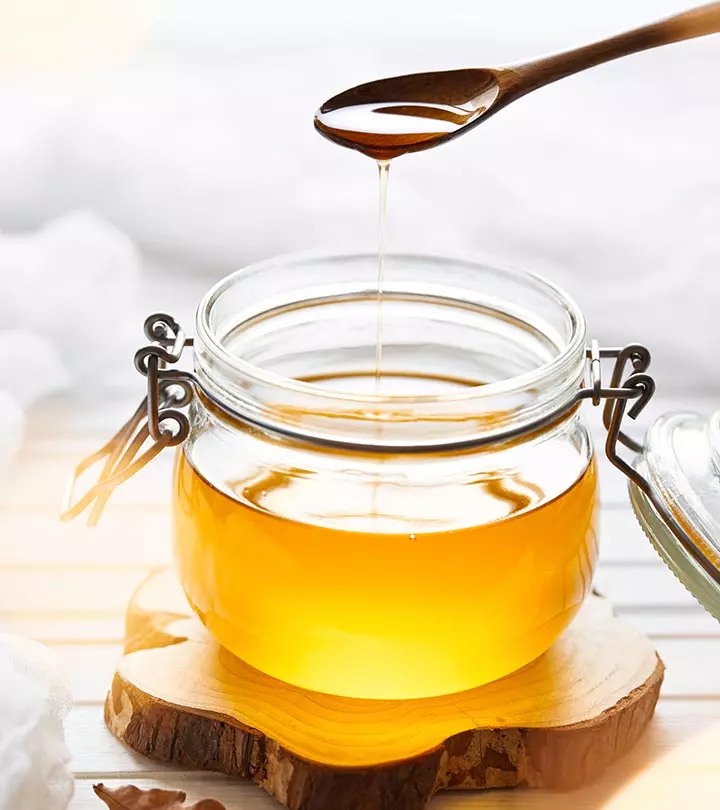
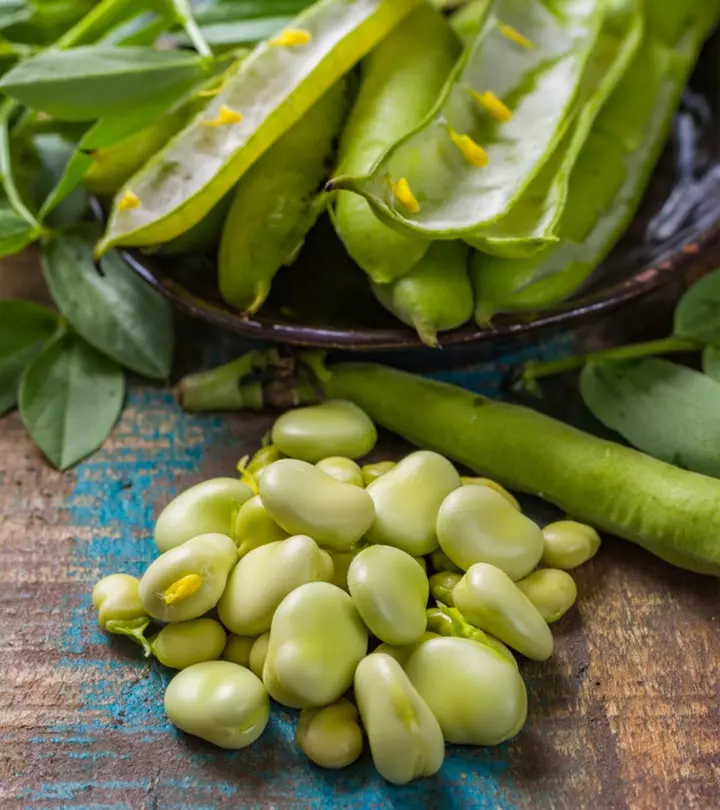
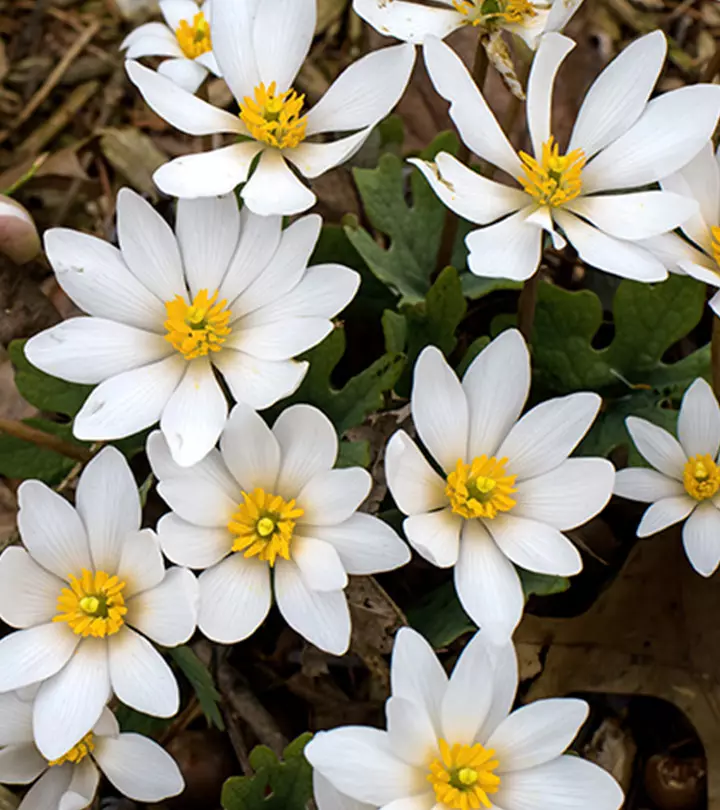
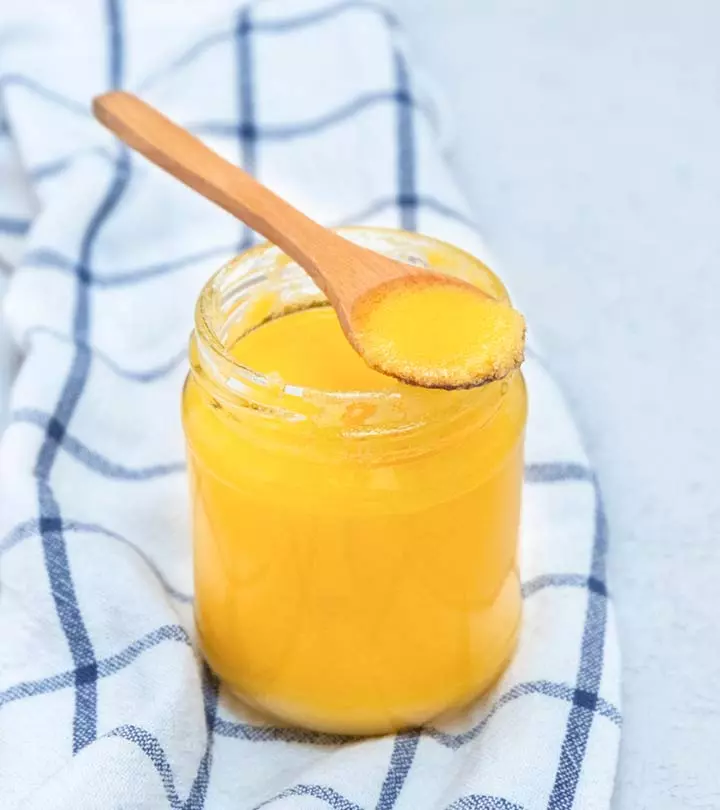
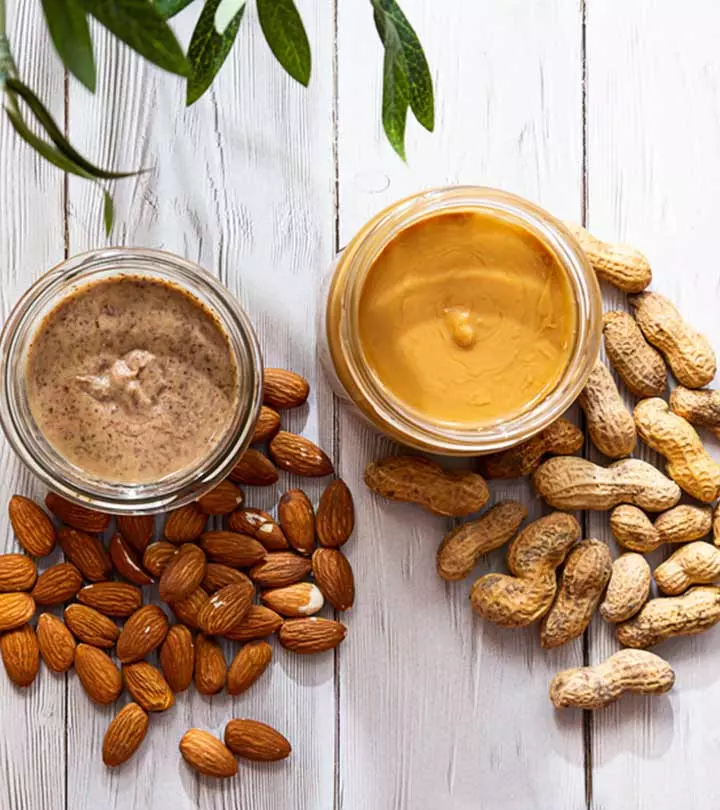
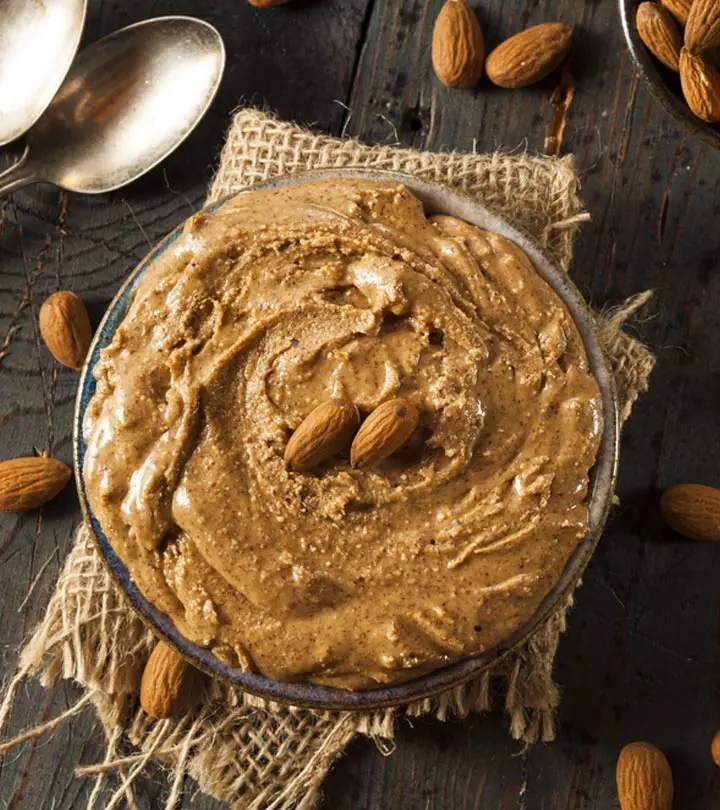
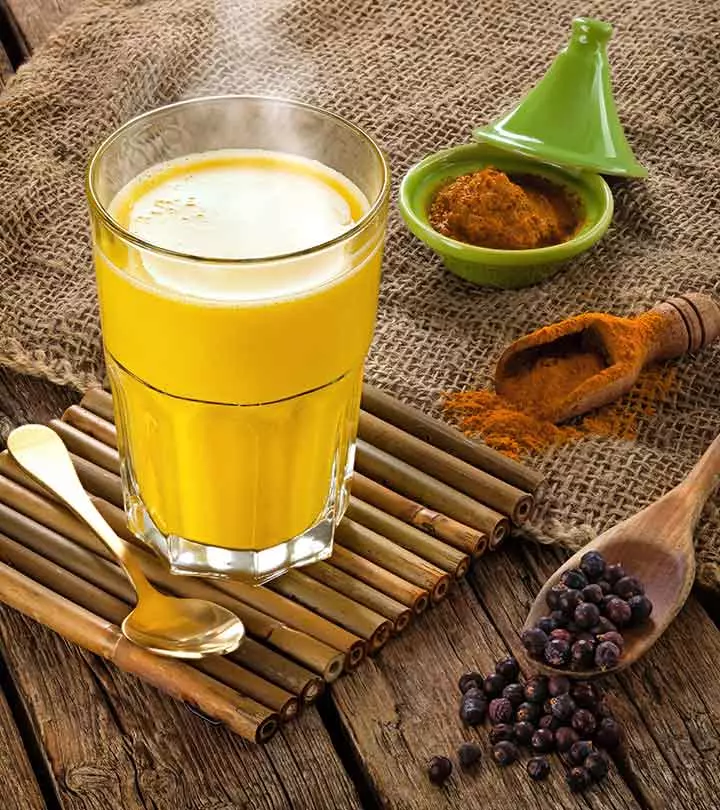
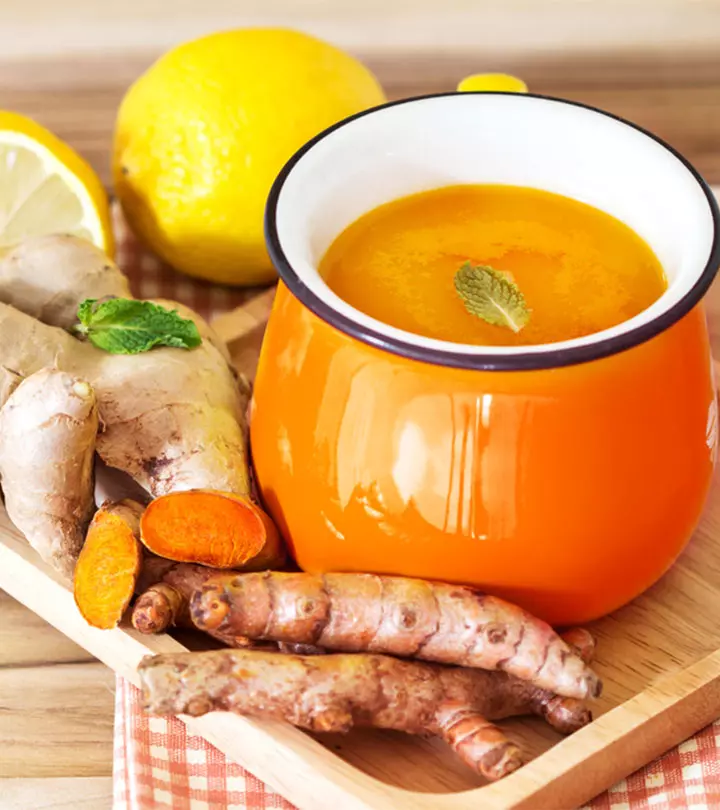
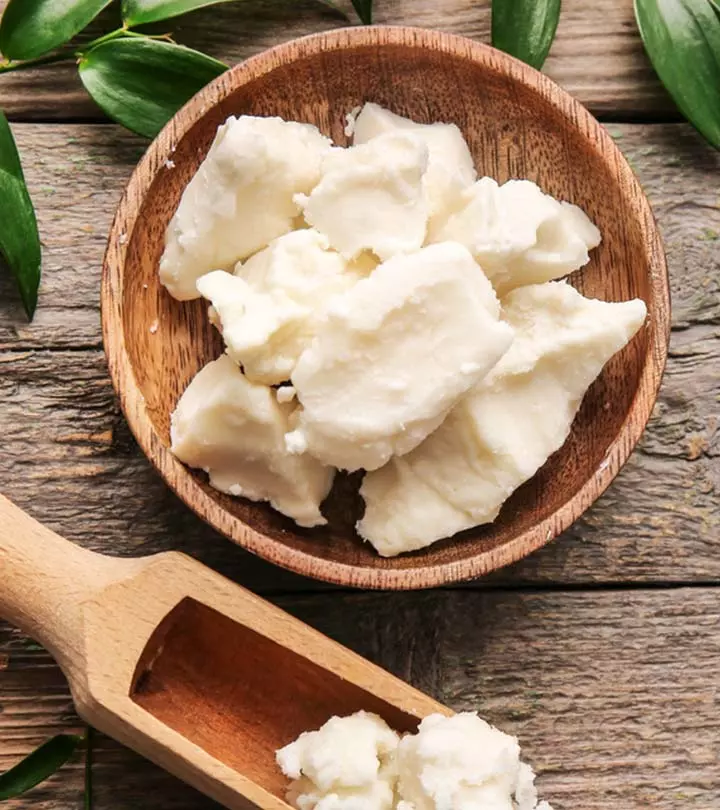
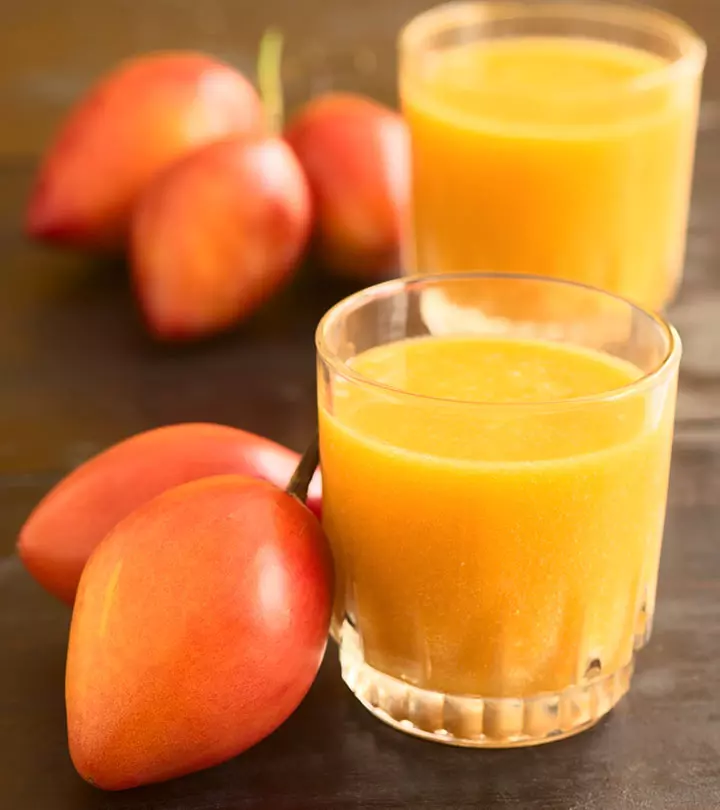
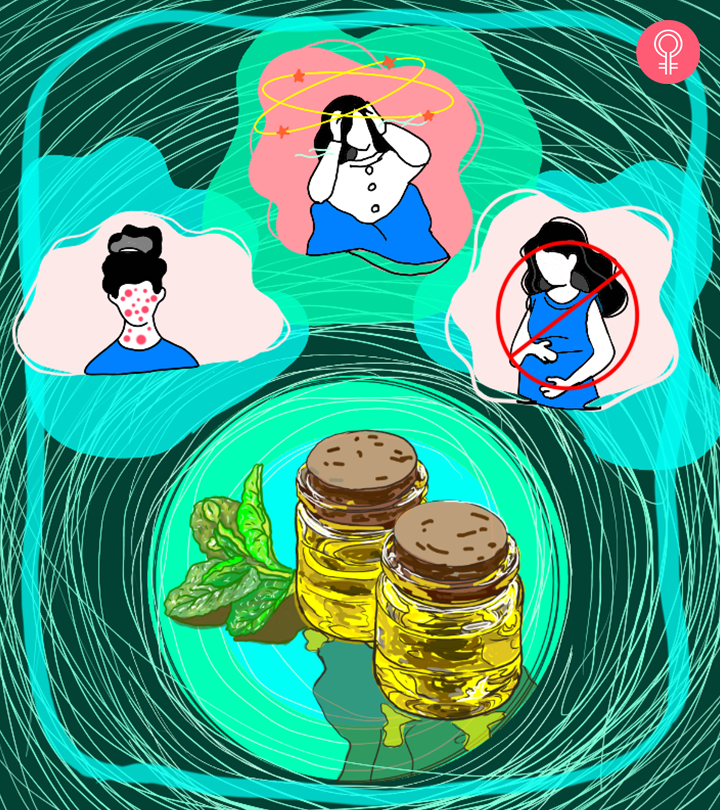
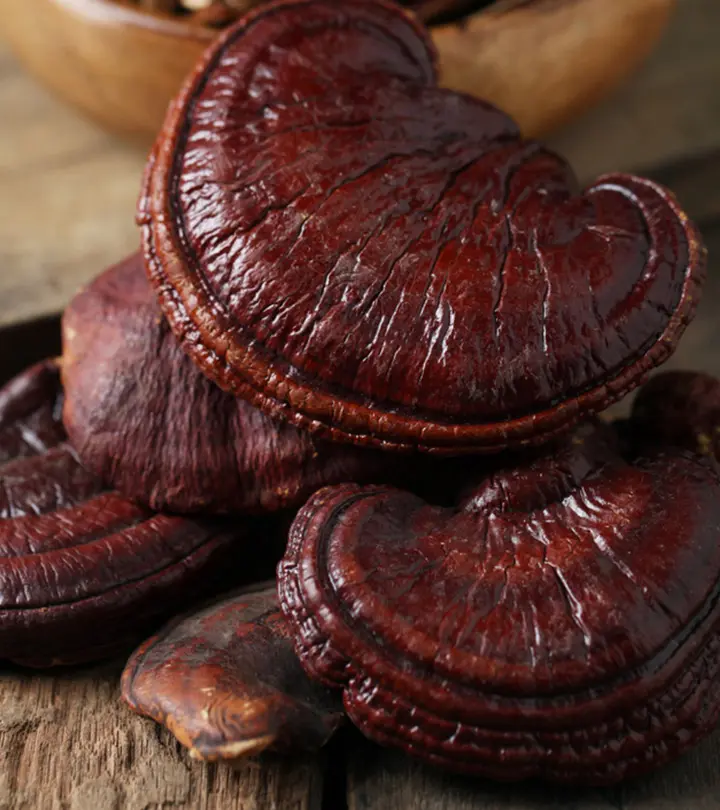

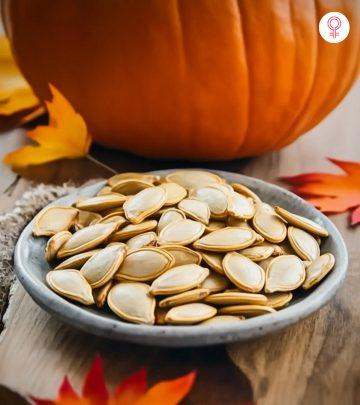
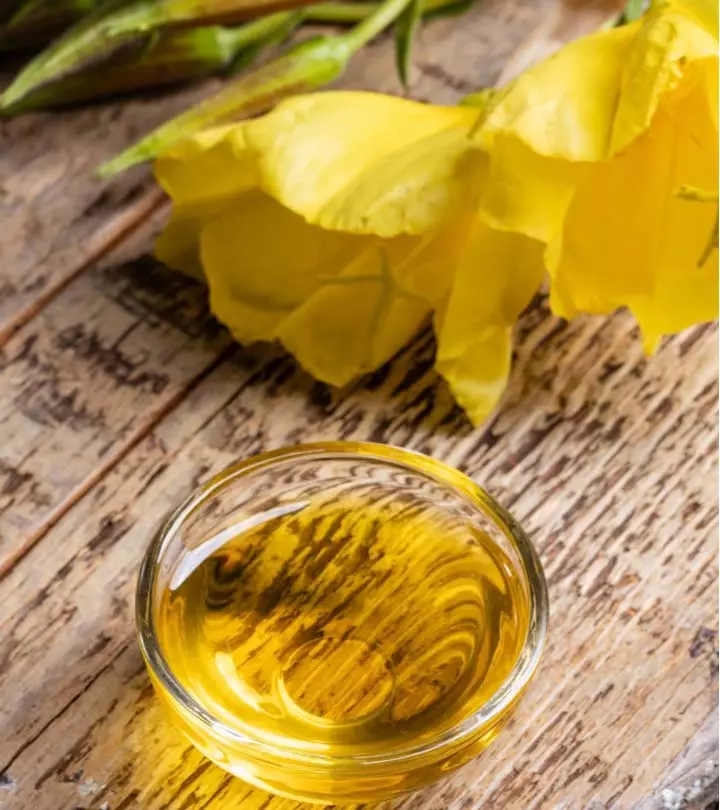
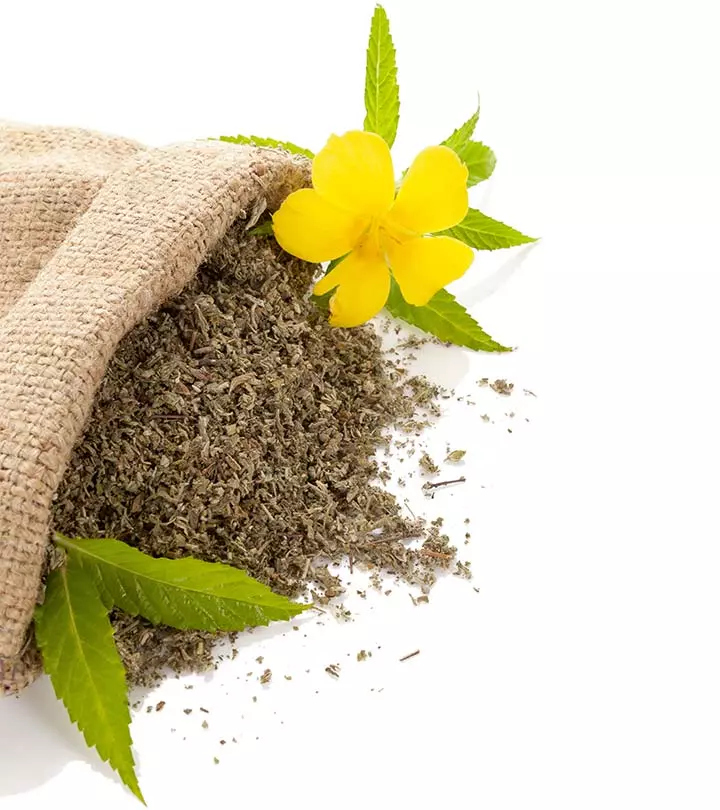
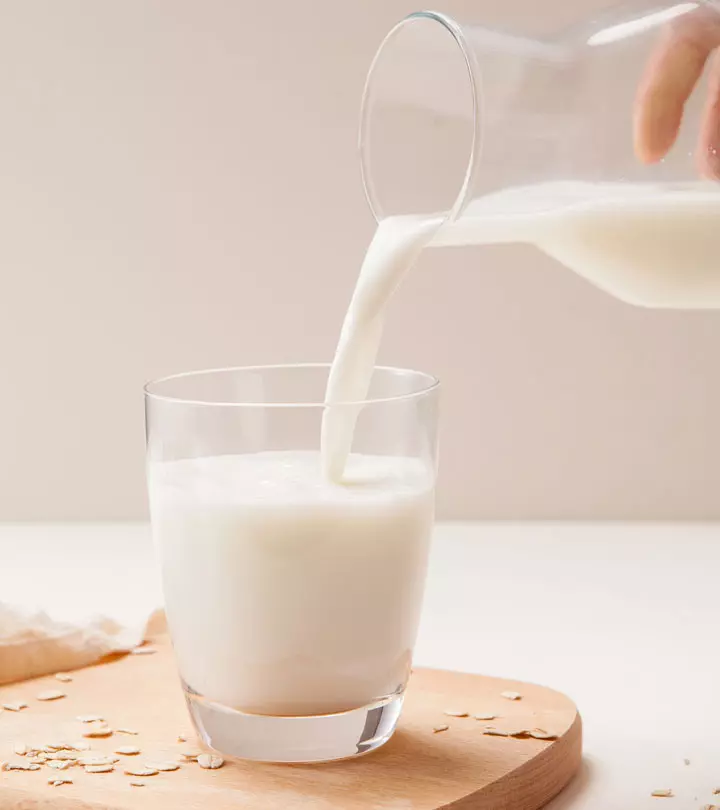
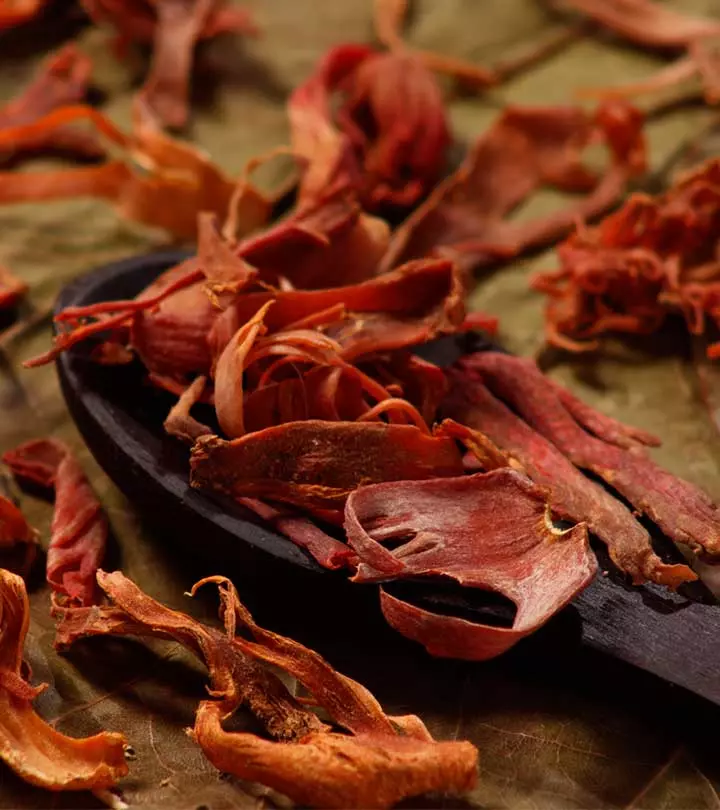
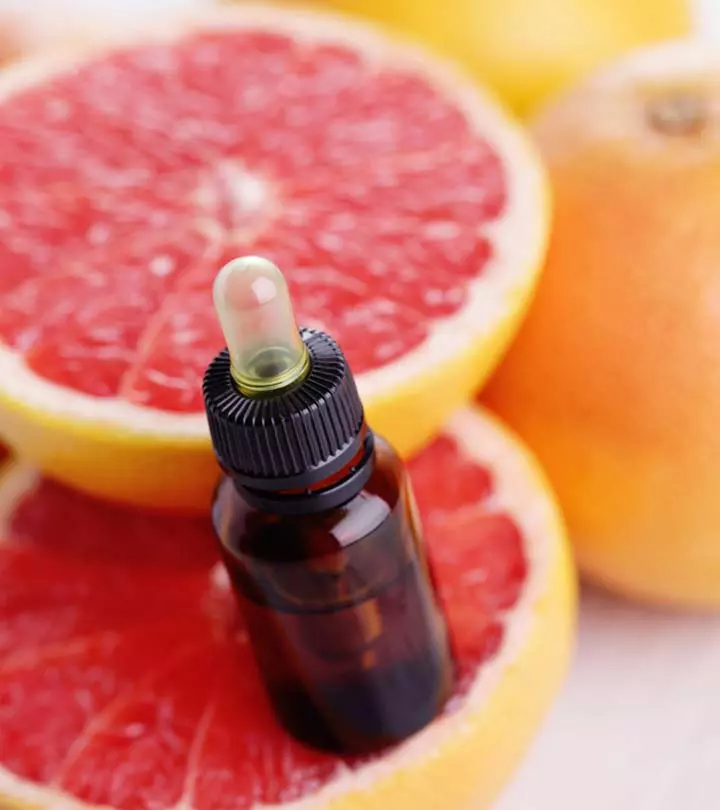
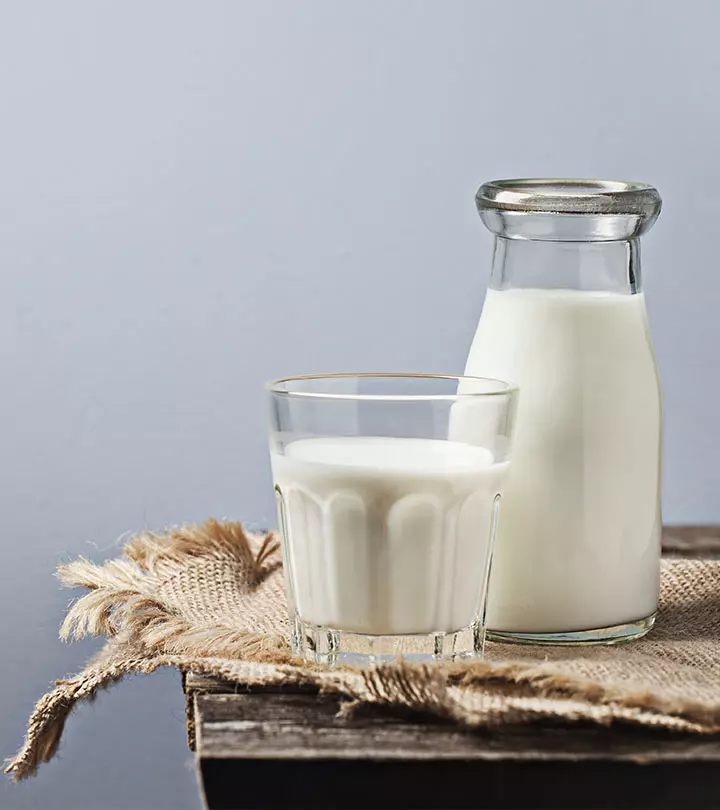

Community Experiences
Join the conversation and become a part of our empowering community! Share your stories, experiences, and insights to connect with other beauty, lifestyle, and health enthusiasts.